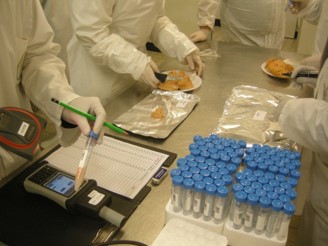Many research programmes

Many independent scientific studies have been done over the past ten years to assess the impact of fattening on palmipeds.
The investigations conducted by researchers from institutions such as the Institut national de recherche agronomique (INRA), the École nationale supérieure agronomique de Toulouse (ENSAT) and the École nationale vétérinaire de Toulouse (ENVT), have demonstrated:
- The special ability of certain species of palmipeds like the Mulard duck and the grey Landes goose to produce foie gras
- The lack of any obvious pain in palmipeds directly attributable to fattening
- That there is no increase in stress levels during fattening
- That the liver enlargement process is entirely reversible - without physiological after effects - within fifteen days after the fattening of Mulard ducks is stopped.
Of course, other studies are needed to confirm and complete our current knowledge of the different fields of palmiped farming and foie gras production.
Research programmes are currently underway in several areas including:
- Selecting the types of palmipeds best-suited for foie gras production
- Optimising collective living areas
- Preserving outdoor areas
- Minimising farm waste to protect the environment
- Improving foie gras quality and storage...
